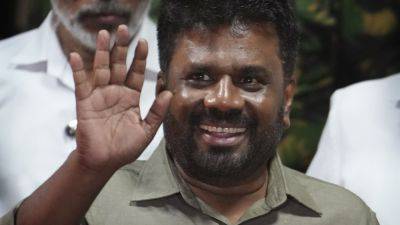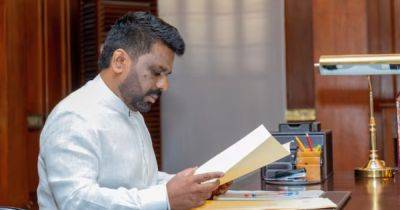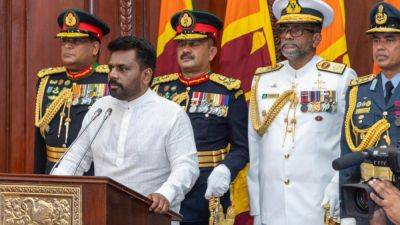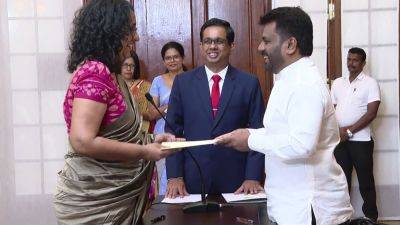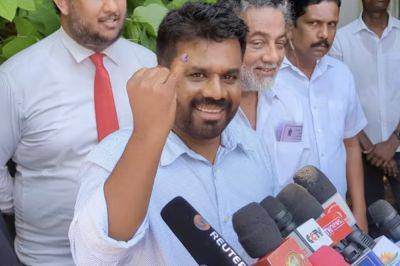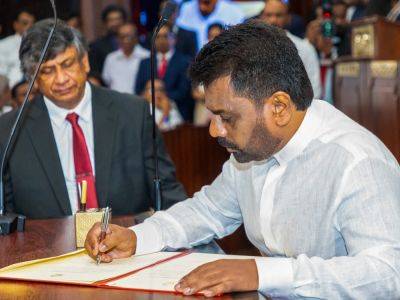As Sri Lanka votes, a $2.9bn IMF loan looms large
Ranil Wickremesinghe, Anura Kumara Dissanayake and Sajith Premadasa are contesting an election focused on the economy.
Ahead of Sri Lanka’s presidential election, no issue is more central than the economy.
With the South Asian country still struggling from its worst financial crisis in decades, Saturday’s ballot amounts to a referendum on austerity measures imposed by the International Monetary Fund (IMF) last year.
In a crowded field of 38 candidates, all eyes are on three men: incumbent President Ranil Wickremesinghe and his two closest rivals, Anura Kumara Dissanayake and Sajith Premadasa, both of whom want a new deal with the Washington, DC-based lender.
A six-time prime minister, Wickremesinghe represents the old guard.
His United National Party (UNP) has been one of Sri Lanka’s dominant political forces since the country’s independence in 1948.
While Wickremesinghe’s supporters commend his $2.9bn IMF loan – and subsequent debt restructuring deals – Sri Lankans experienced a cost-of-living crisis on his watch, with inflation peaking at nearly 74 percent in 2022.
After the end of its civil war in 2009, Sri Lanka borrowed heavily to fund infrastructure-led growth.
Then, in 2019, President Gotabaya Rajapaksa introduced unfunded tax cuts. Fiscal pressures were compounded when the COVID-19 pandemic led tourism and remittance inflows to dry up.
In 2022, a surge in oil prices and rising US interest rates tipped Sri Lanka into a balance of payments crisis. To maintain imports, Colombo was forced to prop up its plunging currency – the rupee – by running down scarce international reserves.
Rajapaksa’s government faced an increasingly stark choice – continue servicing its international debt or pay for critical imports like


